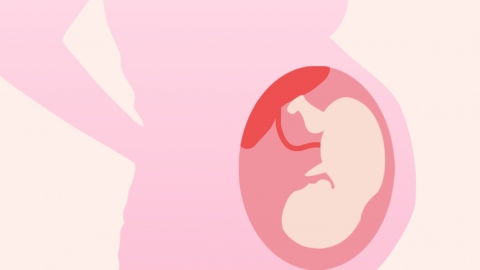Will eating mint cause fetal malformations in pregnant women?
Generally speaking, whether pregnant women consuming mint can cause fetal malformations depends on specific circumstances. When consumed in small amounts and without any special reactions, mint typically does not cause malformations. However, risks may exist when consumed excessively or if the individual has a sensitive constitution. If any abnormalities occur, prompt medical attention is recommended. Detailed analysis is as follows:

If a pregnant woman only occasionally consumes small amounts of mint-containing foods, such as a few mint candies or dishes flavored with mint, and she herself does not experience any allergic reactions to mint, it generally will not affect the fetus. Components in mint, such as menthol, can be normally metabolized by the body when ingested in small quantities, and they do not easily lead to fetal malformations. In such cases, moderate consumption is usually not a cause for excessive concern.
However, if a pregnant woman consumes excessive amounts of mint or has a sensitive constitution, there may be adverse effects. Mint has a cooling nature and excessive consumption may stimulate the uterus, increasing the risk of uterine contractions. Particularly during early pregnancy when the fetus is not yet stable, such stimulation could pose potential risks. Some pregnant women may be sensitive to mint components and experience physical discomfort after consumption, which could affect maternal health and thereby indirectly hinder fetal development. Although there is currently no clear evidence indicating that mint directly causes fetal malformations, excessive or inappropriate consumption should still be avoided.
When consuming mint-related foods, pregnant women should control their intake, avoiding excessive consumption of mint-containing beverages, candies, or medications. If uncertain about whether mint is suitable for consumption, it is advisable to consult a professional physician to ensure dietary safety.




